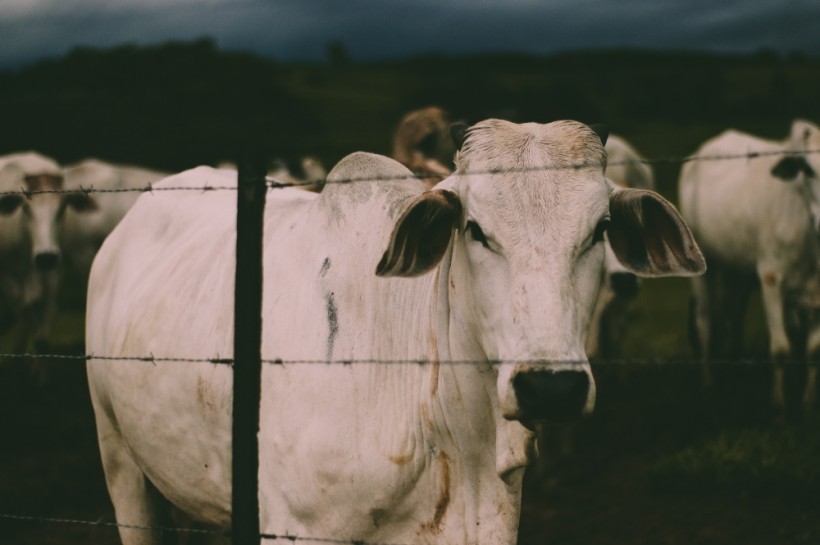How Brazil's Weak Currency Further Threatens the Amazon Rainforest
Contrary to what most people think, a weaker currency can actually help an economy by potentially boosting exports, jobs and stave off inflation, as well as increasing corporate earnings. But for Brazil, this also means compromising the environment.
The danger of losing the earth's biggest ecological frontier is further bolstered by Brazilian President Jair Bolsonaro's farm-friendly initiatives, according to economists.
In an article published in Reuters, Bolsonaro rolling back environmental enforcement and China gobbling up record volumes of Brazil's farm goods weakens the country's currency while the cheaper credit increases the economic forces expanding agricultural lands deeper into the Amazon.
According to Edward Barbier, an economist studying deforestation at Colorado State University. The said initiatives are "like a perfect storm that has created this free-for-all in the Amazon."
I think we're seeing, potentially, (deforestation) spiraling out of control," he added.
In a report by Latin Post, Amazon deforestation is at its highest in more than a decade and has increased by as much as 30 percent from August 2018 to July 2019 compared to the same period a year ago.
Experts claim that the weakening of environmental enforcement began around 2012 and has continued under Bolsonaro, has primarily driven deforestation. Compared to the said period, from 2004-2012, Brazil was able to cut deforestation by 80 perecnt despite high commodity prices.
Moreover, Reuters reported that since the president took office on January 1, Ibama, the agency charged with protecting the rainforest's has been hobbled by the president, reducing its budget by 25 percent as part of government-wide belt tightening, and among the cuts: funding for prevention and control of forest fires was chopped down by 23 percent.
To make the matters worse, Brazil's currency, real, has slumped in its lowest in recent weeks, while the central bank is expected to reduce interest rates to its lowest on Wednesday.
Jan Börner, an economist at the University of Bonn, noted that there are multiple scientific studies showing the positive correlation between the exchange rate, interest rates, global demand, and illegal deforestation.
According to third-quarter economic data released last week, agribusiness grew by 1.3% - more than twice the pace of the country's economy itself.
Since the country adapted industrial farming techniques to its tropical climate, the sector outgrew the national economy in six of the past eight years. Since 2018, as the currency has weakened about 25 percent against the U.S. dollar, the farm sector has played a crucial role in supporting Brazil's dwindling economy.
Moreover, in 2018 U.S. President Donald Trump declared a trade war which prompted Beijing to slap tariffs on U.S. soy. Chinese buyers responded by resorting up cheaper Brazilian soy to feed the country's massive hog industry. To match the demand, Brazilian farmers have pushed for the end of a ban by global traders on buying soy from parts of the Amazon deforested after 2008.
An outbreak of African swine fever in China also helped Brazil's meat exports, as Beijing imports supplies of chicken, beef and pork from the country. Last week, the CNA farm lobby said that next year, Brazilian beef production is poised to grow by 22 percent and Brazilian agricultural output as a whole will grow three times faster than this year at three percent.
Amidst the weak currency rate, Brazil's central bank has cut its benchmark interest rate in private-sector loans for land or equipment purchases from 14.25 percent in 2016 to 5 percent currently, as will step in to replace the state in backing farm loans.
Juliano Assunção, an economist at the Pontifical Catholic University of Rio de Janeiro, noted that these so-called developments will only make the matters worse.
"These market dynamics really impact Amazon deforestation," he said.
Subscribe to Latin Post!
Sign up for our free newsletter for the Latest coverage!











